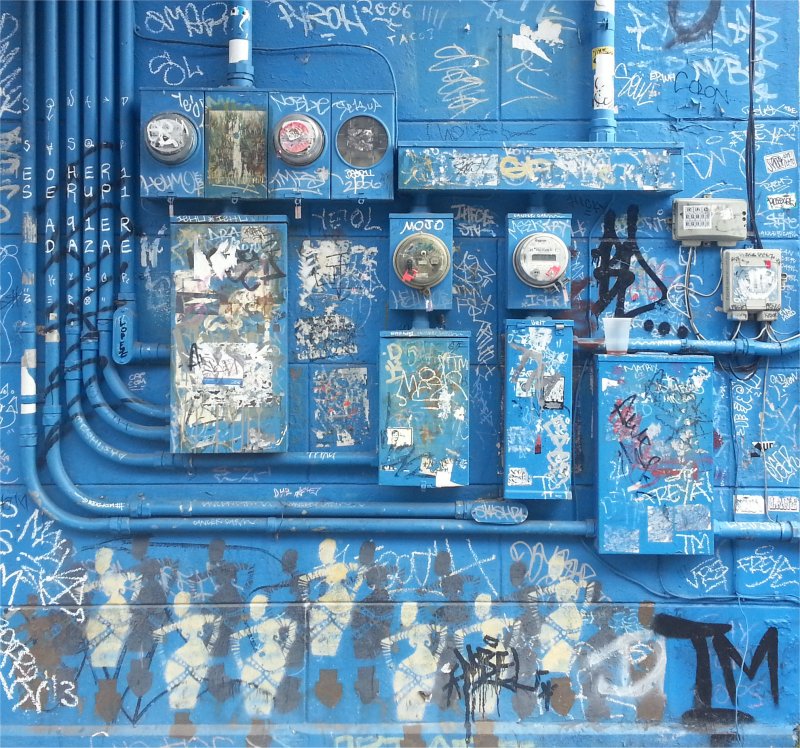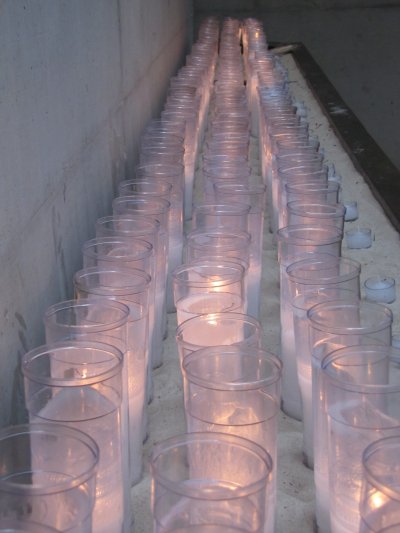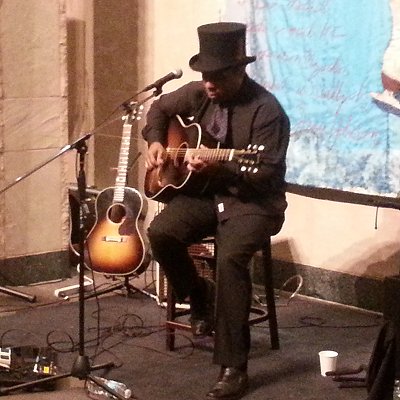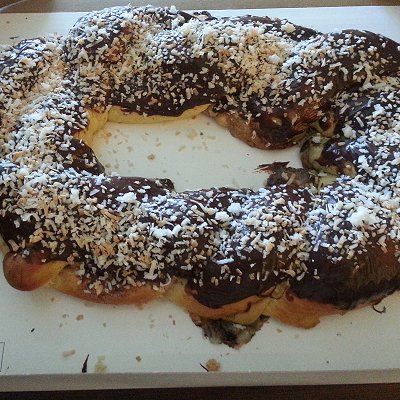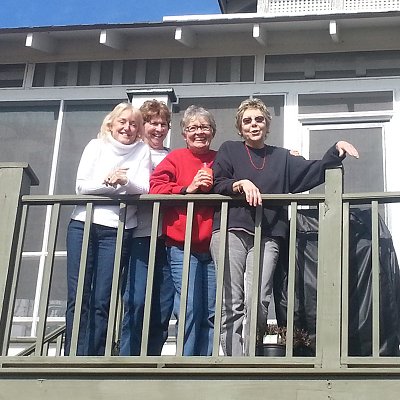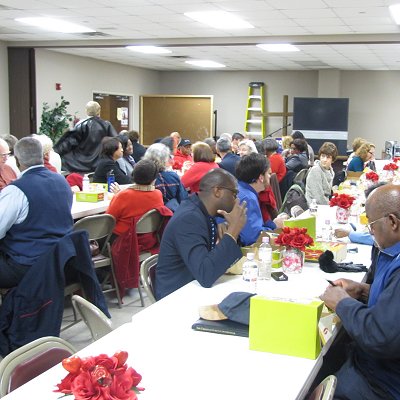|
Renee
When you consider that a primate’s major preoccupations
are sex, territory and hierarchy, spending one’s time
reflecting on the meaning of prayer for Augustine of Hippo
seems a relatively futile exercise. To be sure, there are
those who will argue that mankind aspires to meaning
beyond mere impulses. But I would counter that while this
is certainly true (otherwise, what am I to do with
literature?), it is also utterly false: meaning is merely
another impulse, an impulse carried to the highest degree
of achievement, in that it uses the most effective
means—understanding—to attain its goals. For the quest for
meaning and beauty is hardly a sign that man has an
elevated nature, that by leaving behind his animal
impulses he will go on to find the justification of his
existence in the enlightenment of the spirit: no, it is a
primed weapon in the service of a trivial and material
goal. And when the weapon becomes its own subject, this is
the simple consequence of the specific neuronal wiring
that distinguishes us from other animals; by allowing us
to survive, the efficiency of intelligence also offers us
the possibility of complexity without foundation, thought
without usefulness, and beauty without purpose. It’s like
a computer bug, a consequence without consequence of the
subtlety of our cortex, a superfluous perversion making an
utterly wasteful use of the means at its disposal. But
even when the quest does not wander off in this way, it
remains a necessity that does not depart from animality.
Literature, for example, serves a pragmatic purpose. Like
any form of Art, literature’s mission is to make the
fulfillment of our essential duties more bearable. For a
creature like man, who must forge his destiny by means of
thought and reflexivity, the knowledge gained from this
will perforce be unbearably lucid. We know that we are
beasts who have this weapon for survival, and that we are
not gods creating a world with our own thoughts, and
something has to make our own wisdom bearable, something
has to save us from the woeful eternal fever of biological
destiny. Therefore, we have invented Art: our animal
selves have devised another way to ensure the survival of
our species.
|
Paloma
Anyway, after the rigmarole with the umbrella stand, we
went to eat some cakes and drink hot chocolate at
Angelina’s, a tea room on the rue de Rivoli. You’ll tell
me that nothing could be further removed from the topic of
young people in the banlieues burning cars. Well, not at
all! I saw something while we were at Angelina’s that
offered me a lot of insight about other things. At the
table next to ours there was a couple with a baby. The
couple were white and their baby was Asian, a little boy
they called Théo. They struck up a conversation with
Hélène and chatted for a while. Obviously they had in
common the fact that their children were different, that
is why they noticed each other and began to converse. We
learned that Théo had been adopted, he was fifteen months
old when they brought him home from Thailand—his parents
had died in the tsunami, along with all his brothers and
sisters. I was looking around and thinking, how will he
manage? Here we were at Angelina’s after all: all these
well-dressed people, nibbling preciously at their
exorbitantly priced patisserie, who were here only for . .
. well, for the significance of the place itself—belonging
to a certain world, with its beliefs, its codes, its
projects, its history, and so on. It’s symbolic. When you
go to have tea chez Angelina, you are in France, in a
world that is wealthy, hierarchical, rational, Cartesian,
policed. How will little Théo manage? He spent the first
months of his life in a fishing village in Thailand, in an
Eastern world dominated by its own values and emotions,
where symbolic belonging might be played out at village
feasts celebrating the Rain God, where children are
brought up with magical beliefs, etc. And now here he is
in France, at Angelina’s, suddenly immersed in a different
culture without any time to adjust, with a social position
that has changed in every possible way: from Asia to
Europe, from poverty to wealth. Then suddenly I said to
myself, Théo might want to burn cars some day. Because
it’s a gesture of frustration and anger, and maybe the
greatest anger and frustration come not from unemployment
or poverty or the lack of a future but from the feeling
that you have no culture, because you’ve been torn between
cultures, cultures, between incompatible symbols. How can
you exist if you don’t know where you are? What do you do
if your culture will always be that of a Thai fishing
village and of Parisian grands bourgeois at the same time?
Or if you’re the son of immigrants but also the citizen of
an old, conservative nation? So you burn cars, because
when you have no culture, you’re no longer a civilized
animal, you’re a wild beast. And a wild beast burns and
kills and pillages.
|


